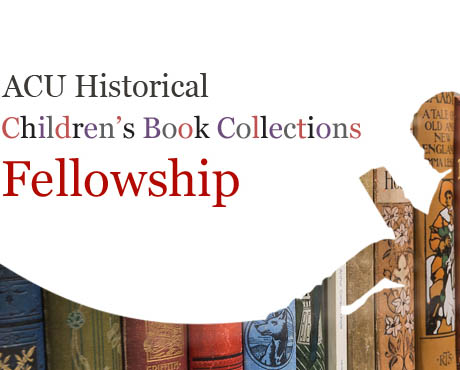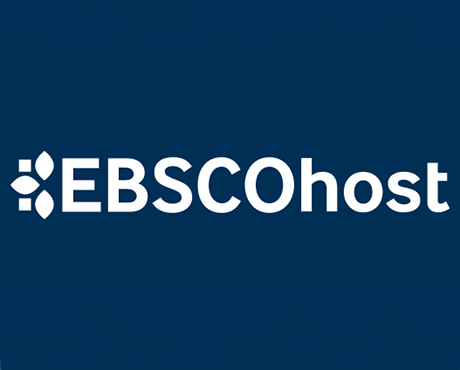
Have you visited Viva Engage yet?
News 16 DecemberViva Engage is here. Access it easily via Microsoft Teams.
06 September 2023
Share
The Student Academic Integrity and Misconduct Policy and Procedures have been updated. Learn more about the changes including clarifying the use of file-sharing websites, and updates to the notification procedure.
Under ACU’s Student Academic Integrity and Misconduct Policy, both contract cheating and collusion are forms of academic misconduct. The key difference between these forms of misconduct is that collusion involves collaborating in an unauthorised fashion, while contract cheating involves the student arranging for someone else to do the work for them.
The policy has been updated to clarify that, depending on how they are used, both contract cheating and collusion may involve exploitation of share sites. Share sites are websites that traditionally have encouraged students to upload and share university teaching materials. Students may pay to access other people’s materials; or they may be encouraged to upload their own materials, in exchange for downloading someone else’s. Some of these websites include StuDocu, Chegg and CourseHero, which are blocked on the ACU server.
If a student uses a file-sharing site to access material that is commissioned for them, this would be contract cheating. If they used the site to access a past assessment, that they then re-purposed for themselves, this would be a form of collusion.
Examples to help distinguish between contract cheating and collusion are in the table below:
| Collusion | Contract Cheating |
|---|---|
|
I access an old essay online and submit it as my own |
I pay someone online to write an essay for me |
|
My mum reads an essay I wrote, and re-writes 2 paragraphs for me |
My Mum writes my essay for me |
|
I get together with two friends; we divide the worksheet up, do our assigned section, and then swap answers |
My friend writes my worksheet answers for me |
|
My friend has finished their essay early; I ask to look at their work ‘just to get an idea’; I change the name on the file and submit it as my own |
My friend has finished their essay early; I ask them for help. They write another version of the essay for me |
There has also been a recent change to the Student Academic Misconduct Procedures. Course Coordinators are no longer required to be included in communication of outcomes where a determination of academic misconduct has been made.
This was in place in the previous Policy and Procedures, where a broader range of staff were involved in the decision-making process. The continued requirement to include this staff member in the outcome letters is quite onerous, as there is no central record of all of these roles.
All other staff that currently receive these communications will continue to do so; if specific schools wish to continue to inform their relevant Course Coordinators of academic misconduct determinations, then they may develop their own processes for doing so.
If you have any questions, please contact academic.integrity@acu.edu.au.

Viva Engage is here. Access it easily via Microsoft Teams.

A message from Interim Executive Dean, Faculty of Education and Arts, Professor Phil Parker

The library is supporting the ACU Historical Children’s Book Collections 2025 Fellowship. It is an opportunity to conduct research on our historical collection of children’s books, located at St Patri...

A new Adjunct and Honorary Titles Policy and Procedure has been approved and is now in effect at ACU.

Advance your career in teaching and learning with the Graduate Certificate in Higher Education. Enrol by 22 June to get started in Professional Term 5.

Include an additional survey item in the Student Evaluation of Learning and Teaching (SELT) survey for units that are offered in ACU Online Term 2 (202536).

On 24 June ACU will transition to the new EBSCOhost. This will result in a new look and feel across some of our most popular databases. Learn more about the changes and what action may be required of ...

Teaching staff are encouraged to check their units have been correctly linked to their names for the Student Evaluation of Learning and Teaching (SELT) surveys in upcoming teaching periods.

Please be aware of the following changes to payroll processing dates.

ACU has three student modules: the Academic Integrity, Respectful Relationships, and Protecting our Children modules. Semester 1 students must complete their modules by 1 July to access their results ...

As part of Student Administration's commitment to service excellence, AskACU will be running on-campus re-enrolment drop-in sessions in July, while CMAS enhancements will improve information available...

The Student News and Events bulletin is sent to all students, nationally, and includes a broad cross-section of news, announcements, events and stories from across the university. The May edition is o...

A message from the Chief Operating Officer Patrick Woods.

Register for these 15-minute sessions to learn more about the variety of online researcher profile platforms and what is involved in setting up, linking and updating your profile.

Lecturers-in-charge can make a direct determination of Poor Academic Practice (PAP) for students who engage in minor forms of academic misconduct. Learn why they can be valuable to staff and students.

A reminder to all academic staff that the mandatory Notice of Intent, for those intending to apply for promotion in the 2025 round, must be submitted by 11.59pm this Friday (30 May).

ACU is developing a new Education and Student Success Plan to ensure our university continues to provide a high-quality, student-centred learning experience. Find out how you can contribute to the pla...

Expect a few email notifications as we prepare to welcome you to Viva Engage next week.

Include an additional survey item in the Student Evaluation of Learning and Teaching (SELT) survey for units that are offered in Professional Term 4 (202547).

An update from the Executive Dean of Law and Business Professor Andrew O'Neil.
Visit Service Central to access Corporate Services.